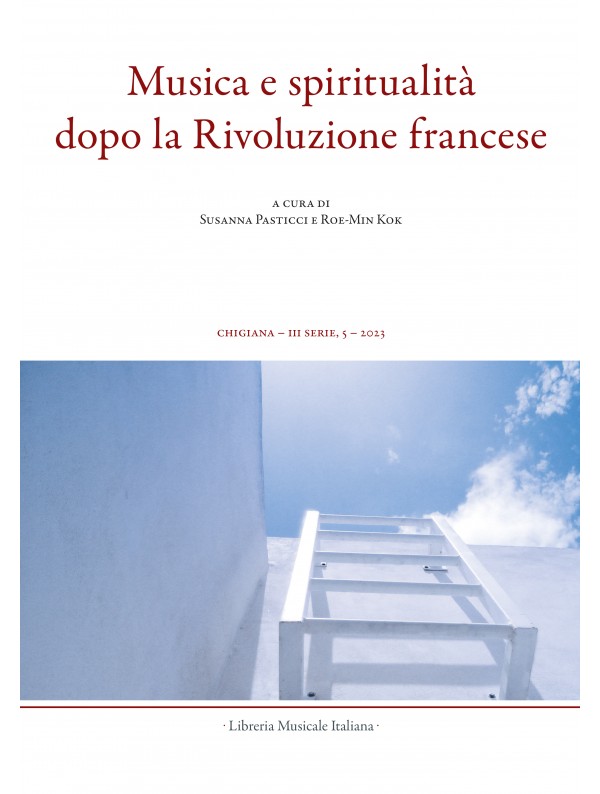Hausmusik e spiritualizzazione del genere
Abstract
This article probes Robert Schumann’s approach to fatherhood in relation to the maternality of his wife Clara, as the early Romantic movement elevated motherhood over traditional Lutheran beliefs in paternal power. While dutiful towards their large brood, Clara harboured “ambivalence” and “resentment” — in contrast to Robert, “an unusually devoted father” for his time (Nancy B. Reich, 2001). The latter assessment is ostensibly based on his compositions for children, as well as touching fatherly observations about their offspring’s daily lives in the Little Memory Book (1846–1854). However, Robert’s paternal devotion shows a marked pattern. He dedicated music only to their daughters — not sons — and recommended biblical readings aimed at women. In light of the above contexts, I analyse his Three Piano Sonatas for the Young Op. 118 (1853), dedicated to Marie, Elise, and Julie Schumann. I highlight unusual musical features that point to Robert’s focus on reinforcing female spiritual-moral behaviour. His concern implicitly censured Clara: as a female traveling pianist, her maternality corresponded to neither the Lutheran nor the early Romantic model of motherhood. A deliberately concealed omission of a misogynistic biblical text recommended by Robert (Eugenie Schumann, Memoirs, 1925) appears to confirm the spiritually tinged gendered tensions in the Schumann household.





